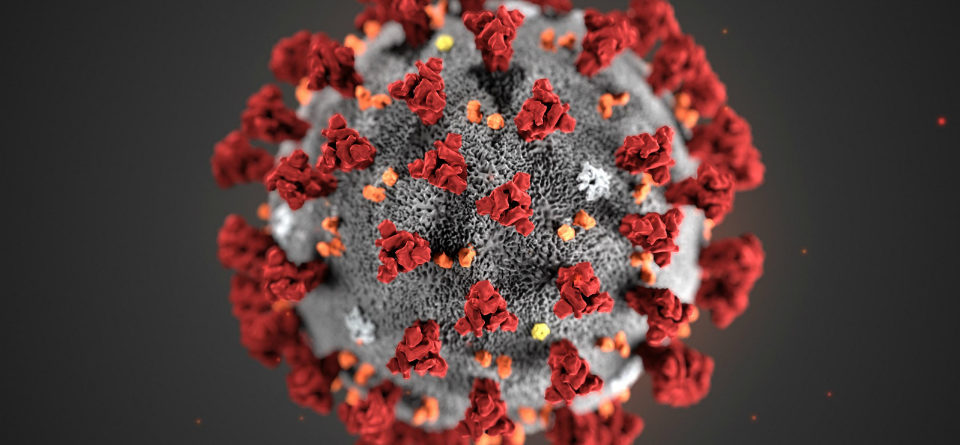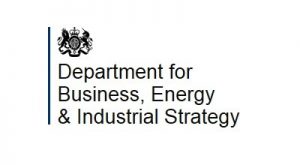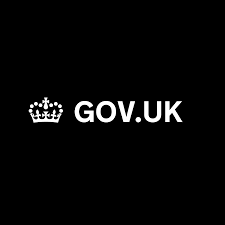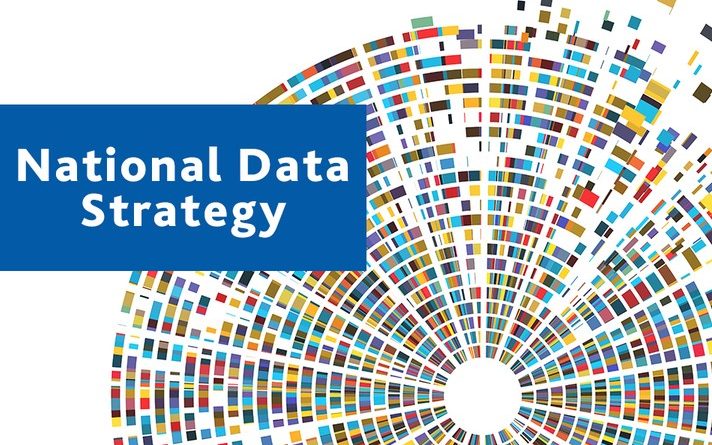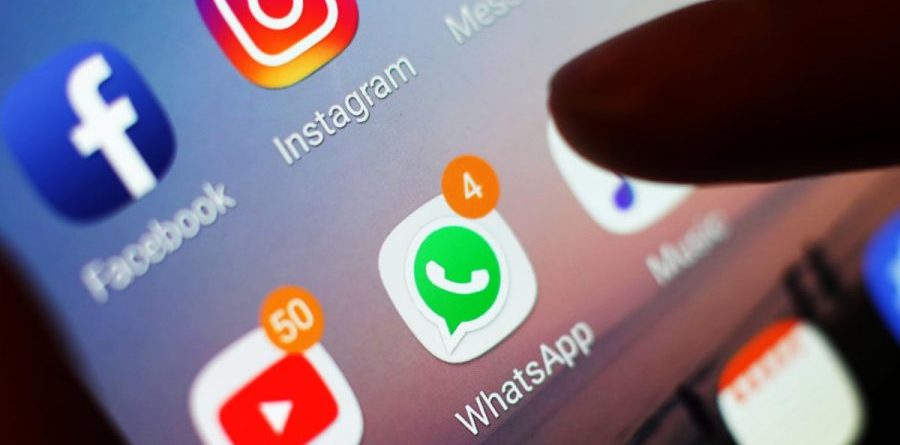Prime Minister and Digital Secretary praise broadband companies
The Prime Minister and Digital Secretary met with the CEOs of the major broadband organisations today and praised the industry for creating more than 22,000 jobs over the last year. They welcomed the commitment from the organisations to help the nation build back better from the pandemic with gigabit broadband rollout, and underlined the government’s support to help industry’s efforts to connect as many homes and businesses as possible by 2025. The government has increased its forecast and new figures show rollout will reach 60 per cent by the end of 2021 (up from 50 per cent), putting the UK on track to be among the fastest build rates in Europe. (more…)



